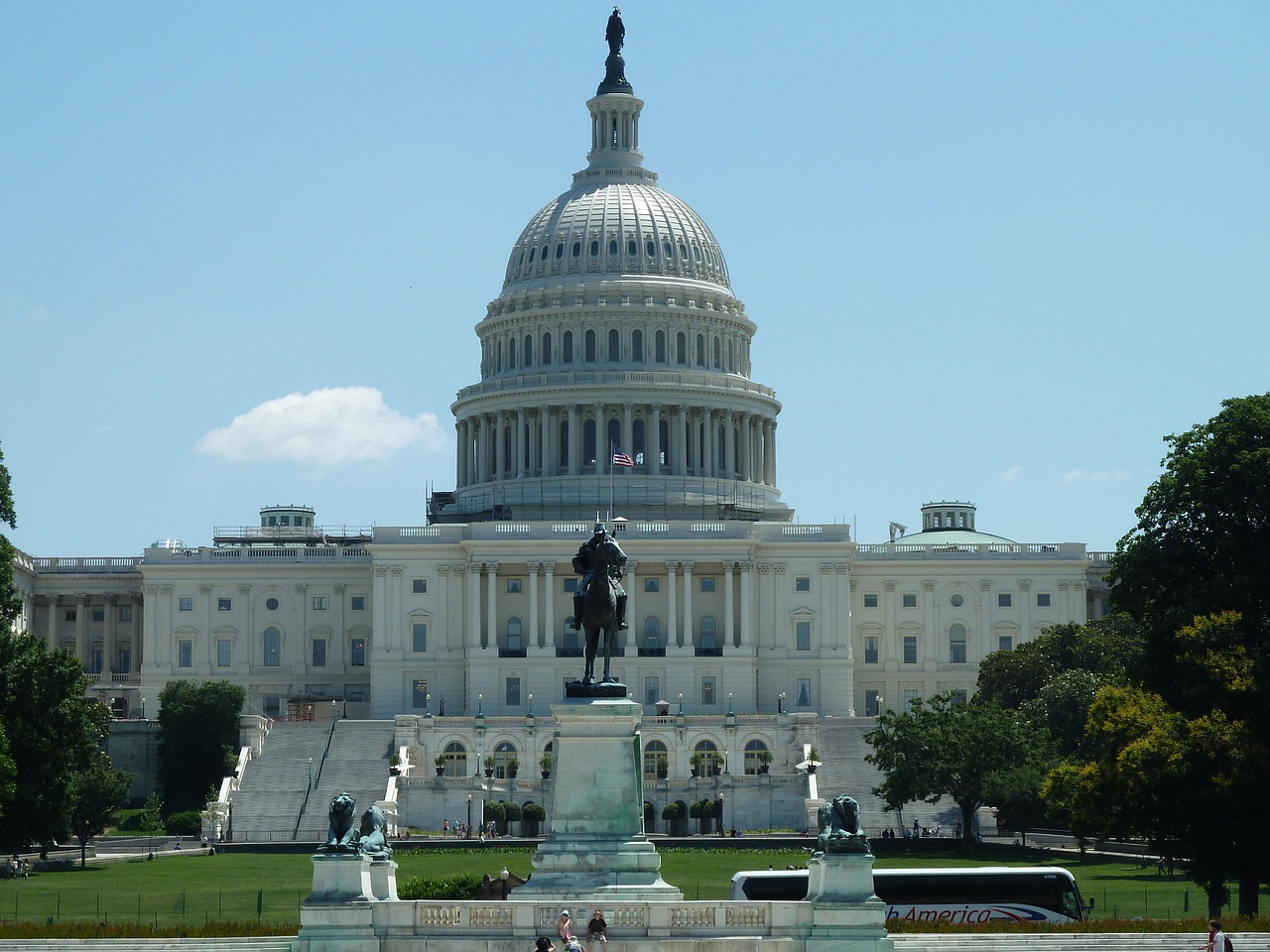
‘Widespread persecution of India’s religious minorities and human rights defenders undermines India’s pluralist Constitution.’
Some US lawmakers and political activists have alleged that “widespread persecution of India’s religious minorities and human rights defenders” under Indian Prime Minister Narendra Modi’s rule “threatens and undermines India’s pluralist Constitution.”
US Senator Ed Markey, Congressmen Jim McGovern, Andy Levin, and Jamie Raskin and others made these accusations at a special Congressional briefing on Jan 26 to commemorate India’s 73rd Republic Day.
The briefing was co-hosted by Amnesty International USA, Genocide Watch, 21Wilberforce and several other organizations, according to a press release from the Indian American Muslim Council (IAMC).
Expressing ‘concerned’ about Modi government’s alleged “efforts to peel back the rights of religious minorities in India,” Markey said the “laws on religious conversion, citizenship and other restrictive measures fly in the face of India’s inclusive secular Constitution and core tenets of any democracy.”
READ: Indian American Muslim Council asks Modi to stop persecution of Muslims (January 5, 2021)
US Congressman Jim McGovern, co-chair of the Tom Lantos Human Rights Commission of the US House of Representatives, said, “For the first time in 2019, a law was passed that links citizenship to religious identity.
“There is every reason to fear that this change combined with the proposal for a National Register of Citizens institutionalizes discrimination against Muslims,” he said.
Describing himself as a ‘Bharat wala,’ a friend of India, Congressman Andy Levin said he had loved India since he first traveled there at 17 years old. “Regrettably, today, the world’s largest democracy is seeing backsliding, human rights under attack, and religious nationalism.”
US Congressman Jamie Raskin, spoke on India’s continuing struggle for human rights, especially under Prime Minister Modi, which affects not just India’s Muslim, Christian, and Sikh minorities, but also Hindus who dissent against the Hindu supremacist movement.
Nadine Maenza, Chair of the United States Commission for International Religious Freedom (USCIRF), alleged that “Since 2014, the BJP-led Indian government has increasingly institutionalized its ideological vision of a Hindu state at both the national and state levels through a foundation of laws and structural changes hostile to the country’s religious minorities, which include Muslims, Christians, Sikhs, Dalits, and adivasis.”
Expressing concern over the rising trend of Hindu nationalism, Hamid Ansari, former Vice President of India, said, these “dispute the well-established principle of civic nationalism and interposes a new and imaginary practice of cultural nationalism.” He said, “These trends need to be contested legally and contested politically.”
Kerry Kennedy, President of Robert F. Kennedy Human Rights, decried Kashmiri human rights defender Khurram Parvez’s recent arrest under India’s anti-terror law.
“Khurram’s most recent arrest is a prime example of the crackdown on civic space in India and across the globe – where regimes target journalists, lawyers, and human rights defenders who play a critical role of holding governments accountable for human rights abuses,” said Kerry, daughter of the late Senator Robert Kennedy.
Carolyn Nash, Asia Advocacy Director at Amnesty International USA, criticized President Joe Biden’s “warm relationship” with Modi during the recent democracy summit, especially in the face of the Indian government’s “profound fear of activists and critics.”
The stories of human rights defenders suffering under India’s draconian anti-terror law, the Unlawful Activities Prevention Act (UAPA), “must be a wake up call to show solidarity for civil society and human rights defenders at the front lines of India today,” she said.
Archbishop Peter Machado, who heads the archdiocese of Bangalore, spoke on India’s rising number of anti-conversion laws, which Hindu extremists weaponize against religious minorities to harass, assault, and imprison them on flimsy claims of forcing Hindus to convert to other religions.
“In the name of the freedom of religion, [India] has been bringing more and more laws and regulations to restrict our freedom of religion,” he said.
Ameenah Gurib-Fakim, former President of Mauritius, spoke of her Indian heritage and the strong fraternal ties she had experienced within the diverse Indian diaspora community whilst growing up. She lamented that the Constitution of India that safeguarded and protected human rights, was “being trampled upon almost on a daily basis.”
Other co-hosts of the briefing included Hindus for Human Rights, International Christian Concern, Jubilee Campaign, Dalit Solidarity Forum, New York State Council of Churches, Federation of Indian American Christian Organizations of North America, India Civil Watch International, Students Against Hindutva Ideology, Center for Pluralism, American Muslim Institution, International Society for Peace and Justice, Association of Indian Muslims of America, the Humanism Project (Australia).



